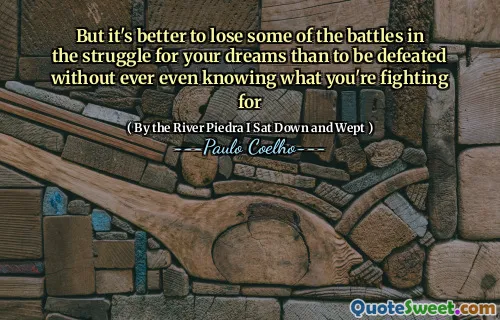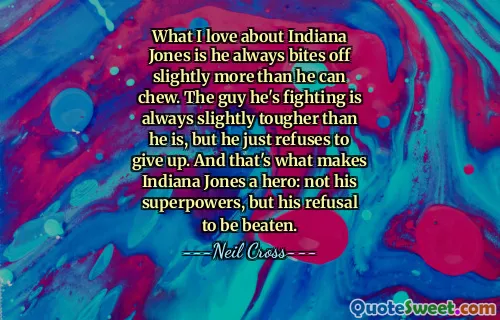He would have died soon, but more painfully. Anyway, it was Urban Bloodshed Limitation. First rule: limit bloodshed by making sure that none of your own gets spilled.
The quote reflects a pragmatic view on survival and conflict, suggesting that while the character's fate would have been grim, it could have involved even more suffering. The mention of "Urban Bloodshed Limitation" as a guiding principle implies a calculated approach to violence and its repercussions. By prioritizing the preservation of one’s own group, the character acknowledges the harsh realities of their environment, where every action is weighed against the cost of bloodshed.
This principle highlights the moral complexities of survival in a dystopian setting, where the instinct to protect one's own often clashes with broader ethical considerations. Atwood illustrates the difficult choices faced in a world marked by chaos and desperation, where the appearance of control is maintained through stringent limitations on violence, particularly against one’s own. Such themes resonate throughout the narrative, revealing deeper questions about humanity and ethics amidst adversity.


